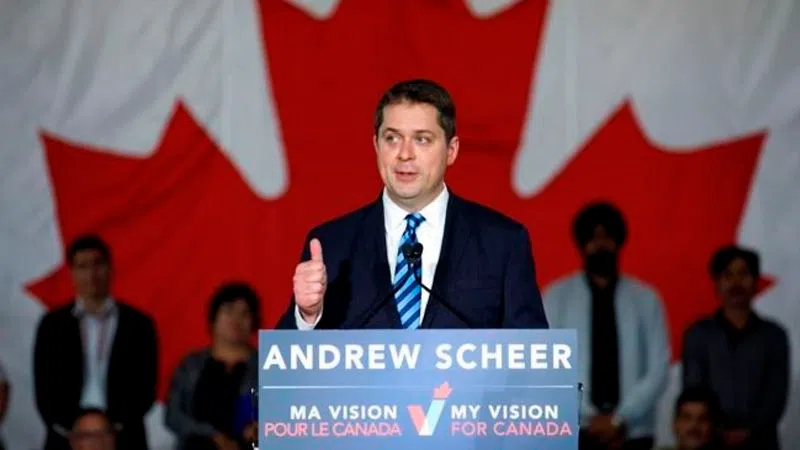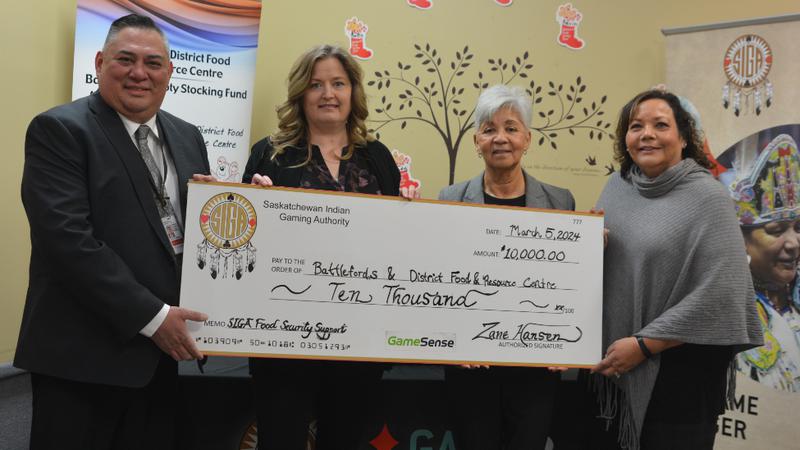
Scheer vows to end ‘illegal’ border crossings as part of immigration policy plan
OTTAWA — If elected prime minister, Conservative Leader Andrew Scheer says he would put an end to “illegal” border crossings in Canada.
Scheer included that as one of several general commitments outlined in a speech delivered in Toronto Tuesday outlining his vision for immigration in Canada — part of a series of policy announcements ahead of the fall federal election.
Speaking to a crowd of supporters at a conference centre, Scheer said he would close a loophole in the Safe Third Country Agreement between Canada and the United States that has allowed asylum-seekers who slip into the country by avoiding border checkpoints to make refugee claims that would be automatically rejected at official crossings.


